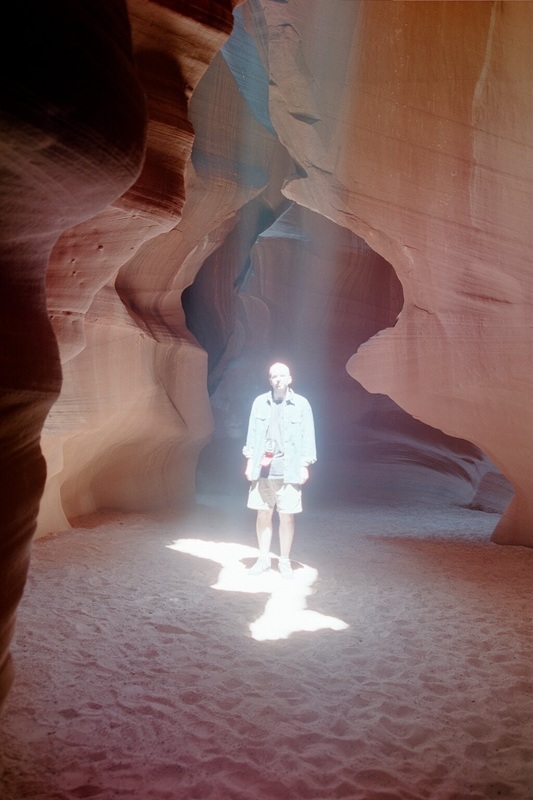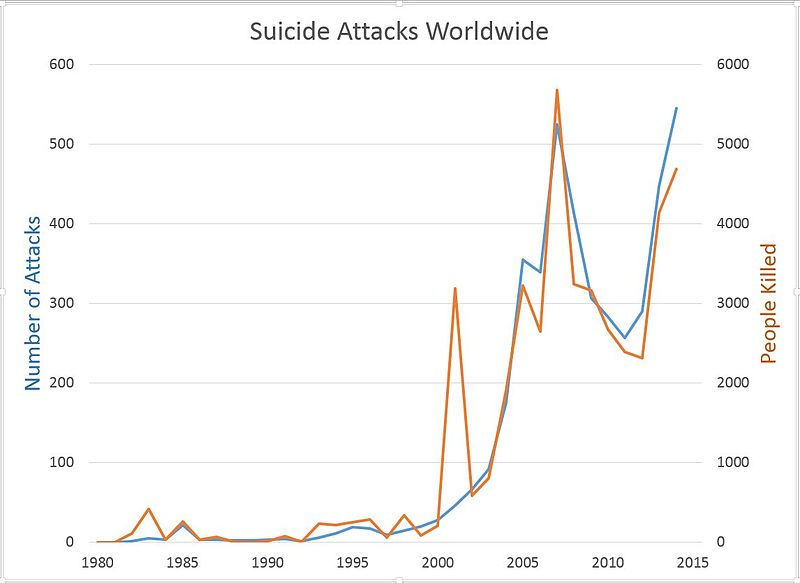Don't worry, I'll be back in mid-January with more distractions for you, but I thought I'd leave you with a small distraction that occupied me this week.
In 2008, the Institute for Art and Ideas began putting on a philosophy and music festival each summer in Hay-on-Wye, Wales. It's called How the Light Gets In, and the organisers just held a contest for two free tickets to the 2016 festival. The contest required you to watch their 2015 Highlights Video and then solve the following riddle:
"Take all the worlds, decide how many, then decimate (with Austrian logic). What remains?"
The answer, which I and many others uncovered, but only after several hints were given, is derived in the following way:
- From Shakespeare, "all the world's a stage."
- From the 2015 highlights video, there will be 12 stages at next year's festival
- Put a decimal in 12 to get 1.2
- Proposition 1.2 from Austrian philosopher Ludwig Wittgentstein in his most famous work Tractatus Logico-Philosophicus is this: "1.2 The world divides into facts."
So the answer is "facts", which I did guess, but not in time to win the competition. Boo! That was very sad for me, and the disappointment topped off hours and hours of pain reading about Gödel number theories, the many obscure word games in Gödel, Escher, Bach, the laissez-faire Austrian school of economics (don't go there!), and eventually the entire text of Tractatus Logico-Philosophicus. I'd have been better off just spending the money to buy myself a ticket to the festival (which I will probably do now), but I did uncover a few good nuggets during the process, which I thought I'd share in this quick post.
First, in the introduction to Wittgenstein's Tractatus, his mentor, and fellow co-founder of the analytical school of philosophy, Bertrand Russell, explained Wittgenstein's view of philosophy in a most depressing way. Russell said:
The right method of teaching philosophy, he says, would be to confine oneself to propositions of the sciences, stated with all possible clearness and exactness, leaving philosophical assertions to the learner, and proving to him, whenever he made them, that they are meaningless.
The annoyance of this Socratic destruction of the field is yet another great justification for why I titled my review of him: Wittgenstein's Crime: Attempted Murder of Philosophy. I agree that the facts of science are important to know, and that assertions about the unknowable are meaningless, but philosophy is more than this and there are much better ways of teaching the subject too.
Apparently, the people behind the How the Light Gets In festival think so as well. The Wales Arts Review conducted an interview with the director of this festival, which I really enjoyed and found that it exactly expresses the feelings I have about another way of viewing philosophy. Here's an excerpt:
----------------------------------------
Do you think the festival is affecting the way philosophy is viewed?
Before we began, the predominant impression of philosophy was the Monty Python football sketch. And that’s because philosophers are totally laughable. Why would you ask a philosopher anything as he can’t even manage to kick a football? And that was the perception of philosophy; that it was a pointless academic game that didn’t really have any bearing on anybody else and was not very interesting and you couldn’t follow it in the first place. But the initial idea was that we could return it to what it was meant to be.
We’re all philosophers and we’re all alive and we’re trying to work out what it is to be alive and it doesn’t matter who we are, everybody faces that problem and that question and they try and answer it in their own way and they struggle with it in their own way. Everyone is engaged in those questions and it’s a rather bizarre characteristic of British life that somehow talking about big ideas and philosophy is not done. It’s almost frowned upon. We’ll leave it to Parisian taxi drivers but it’s not something that’s done here.
----------------------------------------
Bravo. That's the kind of philosophising I hope I'm doing here and hope you enjoy following along with. So that's the actual gift from philosophy this season—an agreement that this doesn't have to be hard, and it should absolutely be relevant. Here's to a new year filled with "trying to work out what it is to be alive" so that each and every time someone says "Happy holidays" or "Happy new year" or "Happy birthday" for that matter, we'll all know a little better what that really means.
Happy holidays!








